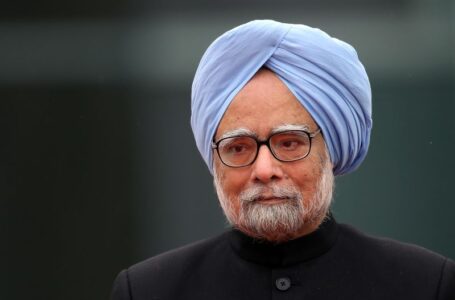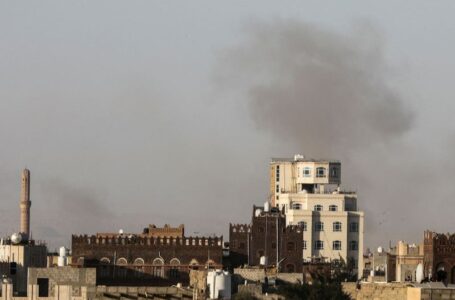Organizers say two sailors have died in Sydney to Hobart yacht race amid wild weather conditions
Netanyahu unveils plan for Gaza’s future post-Hamas


Israeli Prime Minister Benjamin Netanyahu unveiled a plan for the Gaza’s future post-Hamas, which includes the “complete demilitarization” of the enclave, closing off the territory’s southern border with Egypt, as well as the overhaul of Gaza’s civil administration and education systems.
The plan comes as Israel sent a negotiating team, led by Mossad Director David Barnea, to Paris on Friday to pursue talks over a potential ceasefire and hostage release deal that may put an end to the four-month long war.
More than 29,000 people have been killed in Gaza since the war began, according to the ministry of health in the enclave. Hamas’ October 7 attack killed 1,200 people in Israel, according to Israeli authorities.
A number of principles are outlined in the document, from changes on the security and civil levels to more long-term plans about who governs the territory.
On the security file, the envisioned plan includes Israel closing off Gaza’s southern border with Egypt, giving Israel complete control of entry and exit from the enclave. At present, Egypt controls access to and from Gaza’s southern border via the Rafah crossing.
Netanyahu’s plan says Israel will cooperate “as much as possible” with Egypt, in coordination with the United States.
There has been no immediate official US reaction to the proposal.
The plan asserts, as Netanyahu has said before, that “Israel will have security control over the entire area west of Jordan,” which includes all of the West Bank and Israel, as well as Gaza.
The Palestinians have long sought an independent state in the occupied West Bank, East Jerusalem and Gaza.
Israel will be responsible for “realizing and overseeing” the demilitarization of the Strip, the plan says, except for what is required to maintain public order.
On the civil level, Netanyahu details an overhaul of Gaza’s civil administration and education systems, including an apparent cut-off of funding from Qatar to Gaza – which a previous Netanyahu government approved and facilitated.
The local entities running the civil service “will not be identified with countries or entities that support terrorism and will not receive payment from them,” the plan says.
While it is likely a reference to Qatar, it is not clear if it would also apply to the Palestinian Authority, a revitalized version of which the US has said should run Gaza in the future.
The Netanyahu plan also calls for “de-radicalization” in the education system, which Israel and its allies have long accused of promoting antisemitism and hatred of Israel.
The plan repeats that Israel will work to shut down UNRWA, the main United Nations agency supporting Palestinian refugees, and work to replace it “with responsible international aid agencies.”
Israel accuses about a dozen UNRWA employees of being directly involved in the October 7 Hamas attack. The agency employs about 13,000 people in Gaza.
Finally, the plan reiterates Israel’s insistence that it will not be forced by the international community to recognize a Palestinian state, a possibility the United Kingdom and US President Joe Biden have begun to float.
“Israel outright rejects international dictates regarding a permanent settlement with the Palestinians,” the Netanyahu outline says, asserting that recognition of a Palestinian state now would be “a huge reward to unprecedented terrorism.”











